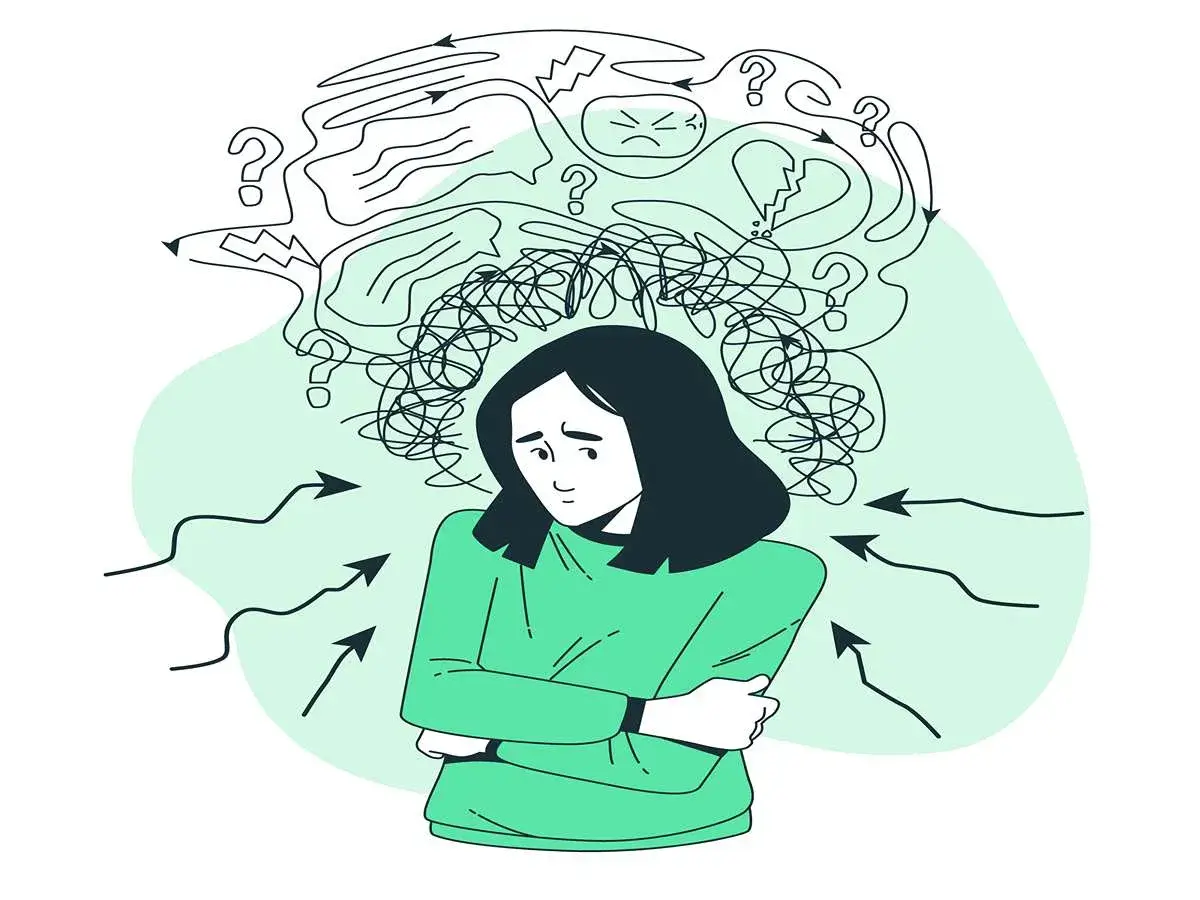There’s a saying that goes, “You can choose your friends, but not your family.” Even though we love them deeply, family members sometimes have the unfortunate capacity to trigger us in ways that no other person can. Disagreements are normal; however, family conflict resolution becomes paramount when arguments escalate into long-lasting, tense situations.
This blog presents methods for improving family communication, teaching strategies to decrease tension, and developing enduring methods for conflict resolution. The practical guidelines presented here are designed to restore harmony and mutual understanding in marriages, as well as in relationships between parents and children and among siblings.
Why Do Family Conflicts Happen
In a family, everyone has unique personalities, individual needs, and personal opinion systems. Conflict can stem from:
- Miscommunication
- Financial stress
- Parenting disagreements
- Sibling rivalry
- Lack of boundaries
- Unresolved past issues
A 2022 study published in the Journal of Family Psychology found that unresolved family conflict can lead to long-term emotional stress and mental health issues. Early intervention and proper communication channels are essential.
The Foundation: Communication
Communication acts as a bridge connecting two distinct locations. When the bridge is strong, people can easily meet on it. If it’s damaged, people yell at each other, standing on either side, and usually end up missing each other’s meaning.
Resolving conflicts within families requires effective communication between members. Here’s how to strengthen that bridge:
Listen To Understand, Not To React
You focus on the message during active listening, not formulating your reply. Let the other person finish. Acknowledge their feelings. Say things like, “I hear you,” or “That must be hard.”
Use “I” Statements Instead Of Blame
Instead of saying, “You never help around the house!” try, “I feel overwhelmed when I have to do all the chores alone.” This method creates less resistance during conversations and leads to sincere dialogues.
Timing Matters
Initiate crucial discussions when heightened emotions have settled down. Wait until everyone is calm. When you take the time to speak, you achieve better results than when you express your thoughts rashly.
Conflict Resolution In Families: Practical Strategies
Relationships can thrive through conflict rather than letting it destroy them. Proper conflict management between family members can create enhanced bonds between those involved. Here are some tried-and-true tips for effective conflict resolution in families:
Set Clear Boundaries
Boundaries are not walls; they’re fences with gates. Everyone wants safety and respect. People cherish privacy, personal boundaries, and emotional independence.
Agree To Disagree
Accepting that all family members rarely agree on everything is normal in family dynamics. Family conflict resolution requires successfully learning to adopt different perspectives instead of developing resentment toward each other.
Involve A Neutral Third Party
Having a professional therapist or counselor can sometimes help. Surround yourself with an impartial professional who leads your discussion, guides its direction, and provides insights beyond what you could develop independently.
The Role Of Empathy In Conflict Resolution
Consider experiencing the situation from another person’s perspective. How would you feel? What would you need at that moment? According to the definition of empathy, you try to understand instead of agreeing.
Simple acts like asking, “What do you need from me right now?” shift their perspective significantly.
What If Things Don’t Get Better
Your best attempts might sometimes fail to eliminate ongoing conflict. Qualified support helps families navigate difficult situations.
The decision to go for family therapy does not indicate that your family relationship has failed. It’s a step toward healing. Family therapy allows individuals to address fundamental problems while building improved ways of interacting. According to the American Association for Marriage and Family Therapy, over 90% of clients report an improvement in their emotional health after family therapy.
Key Takeaways For Lasting Family Peace
- Start with communication. The foundation of every good family connection exists here.
- Be patient. Change doesn’t happen overnight.
- Practice empathy. Understand first, then speak.
- Seek help if needed. Your need for external support makes you no less respectable than anyone else.
These tips help successfully resolve family conflicts. You can surely establish a family environment where everyone is at peace, hears and understands each other, and feels respected.
Final Thoughts
Families are like gardens. They need regular maintenance and attention to stay well-kept, and help from knowledgeable gardeners will enhance their beauty.
Conflicts will happen; you cannot prevent them completely, yet unresolved disagreements create problems similar to uncontrolled weeds. Left alone, they spread. With proper tools and support mechanisms, families become strong and successful.
The trained counselors at Hope and Healing Counseling Services excel at helping families establish trust, teaching effective communication methods, and working out family conflicts. Our trained therapists provide guidance and specific tools as they help you through your healing process.
You should not let problems reach the point of no return. Let today mark the beginning of your healing journey. Hope and Healing Counseling Services is here to help families create a more promising chapter for their stories.






